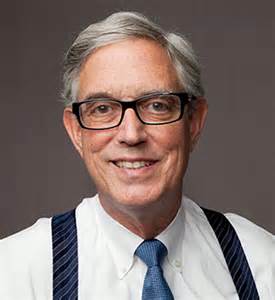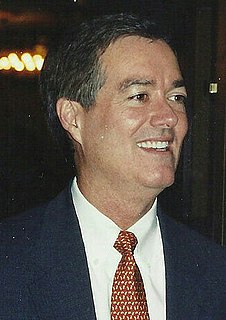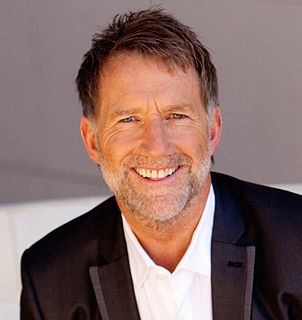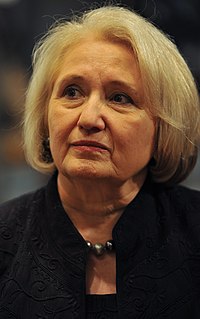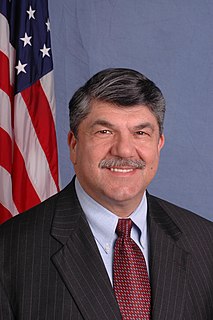A Quote by W. Edwards Deming
The most valuable "currency" of any organization is the initiative and creativity of its members. Every leader has the solemn moral responsibility to develop these to the maximum in all his people. This is the leader's highest priority.
Related Quotes
Since the team understands that the leader is de facto in charge, in that respect, a leader has nothing to prove. But in another respect, a leader has everything to prove: Every member of the team must develop the trust and confidence that their leader will exercise good judgment, remain calm, and make the right decisions when it matters most.
Fortunately or unfortunately, the one predictable thing in any organization is the crisis. That always comes. That's when you do depend on the leader: The job of the leader is to build an organization that is battle-ready, that has high morale, that knows how to behave, that trusts itself, and where people trust one another.
The manager administers; the leader innovates. The manager has a short-range view; the leader has a long-range perspective. The manager asks how and when; the leader asks what and why. The manager has his eye on the bottom line; the leader has his eye on the horizon. The manager accepts the status quo; the leader challenges it.
Moral authority is another way to define servant leadership because it represents a reciprocal choice between leader and follower. If the leader is principle centered, he or she will develop moral authority. If the follower is principle centered, he or she will follow the leader. In this sense, both leaders and followers are followers. Why? They follow truth. They follow natural law. They follow principles. They follow a common, agreed-upon vision. They share values. They grow to trust one another.
The leader feels the pulse of a burning passion and communicates that heat at every opportunity. He or she lives the dream, breathes the vision, sleeps the mission, and eats the goals every day. The leader shares those goals all the time with everyone. It is a vibration the entire organization can feel.
If you're a leader at any level and your people aren't challenging you, you've got to change that or you can't be a leader here because you're not going to be using ideas, you're not going to have innovation, you're not going to fully develop your people. And if you're working in a group and you don't challenge, then you're not really doing your job.
I believe to be a leader is to enable others to embrace a vision, initiative or assignment in a way that they feel a sense of purpose, ownership, personal engagement, and common cause. I was very affected as a child by my father's positive example as a civic leader who inspired others to share his commitment to improving our community.


